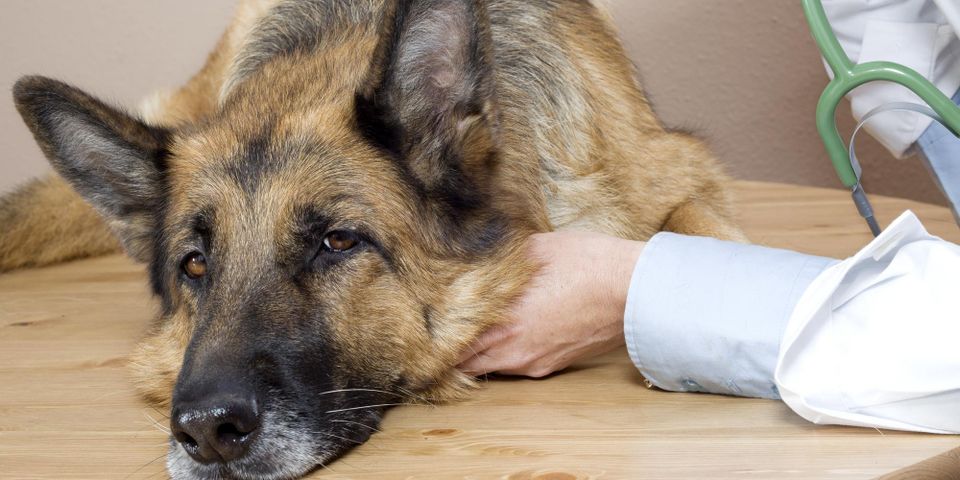
As soon as you realize that your dog is sick, you might do everything you can to make them comfortable. Unfortunately, like illnesses in humans, many canine health problems mimic other conditions, which can make it difficult to tell whether or not the situation is serious. Here is a little more information about the differences between kennel cough and the canine flu and when you should seek veterinary care.
Kennel Cough
Kennel cough is caused by a bacterium called Bordetella bronchiseptica and creates symptoms in dogs such as a dry cough, a runny nose, fatigue, a low fever, and a loss of appetite. Since the condition is highly contagious, it is incredibly common in places where there tend to be many dogs housed in the same area, such as kennels, grooming facilities, shelters, and dog parks.
While kennel cough in a vaccinated dog typically goes away on its own within a few weeks, unvaccinated dogs may require treatment from a veterinary care professional. It is also possible for your animal to come down with a secondary infection, such as pneumonia. If your pup seems lethargic or has a decreased appetite, seek veterinary care as soon as possible for them to be treated for any potential complications. The vaccine against kennel cough is not 100% effective at preventing symptoms, but it does dramatically reduce the severity of the disease and the likelihood of pneumonia.
Canine Flu
 While coughing and fatigue are also common in canine flu, animals tend to experience more severe symptoms, such as lethargy, high fever, heavy nasal discharge, and difficulty breathing. Treatment for canine flu includes supportive care such as giving your animal plenty of fluids and encouraging rest, although more extreme cases may require hospitalization. Canine flu is highly contagious. An infected dog will start to spread the virus 1-2 days before showing signs of illness, and can be contagious for over 3 weeks.
While coughing and fatigue are also common in canine flu, animals tend to experience more severe symptoms, such as lethargy, high fever, heavy nasal discharge, and difficulty breathing. Treatment for canine flu includes supportive care such as giving your animal plenty of fluids and encouraging rest, although more extreme cases may require hospitalization. Canine flu is highly contagious. An infected dog will start to spread the virus 1-2 days before showing signs of illness, and can be contagious for over 3 weeks.
Fortunately, you can prevent canine flu by having your animal vaccinated for both strains (H3N8 and H3N2). You can also decrease risk of exposure by staying away from other dogs at kennels, dog parks, or busy grooming facilities. If your pet is sick, cut off all social contact with other dogs for at least 3 weeks to make sure not to spread the virus to others.
If you suspect your dog may be ill, don’t hesitate to reach out to Montgomery Animal Hospital in Cincinnati, OH. With a commitment to offering comprehensive assistance to your pets, this AAHA-accredited veterinary care hospital has been providing service since 1950, helping families keep their animals healthy and comfortable. To find out more about their services, visit their website or call (513) 791-7912.
About the Business
Have a question? Ask the experts!
Send your question

